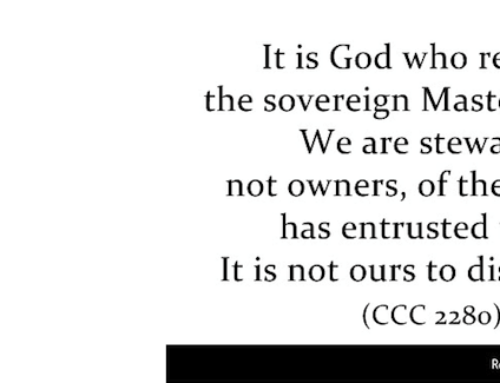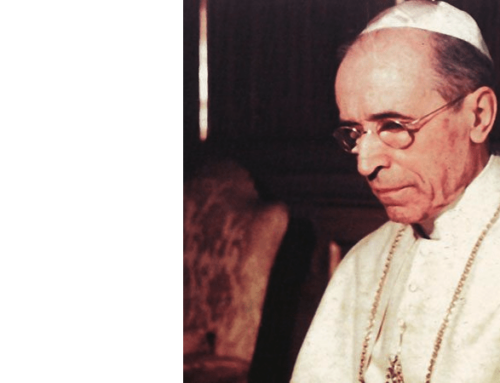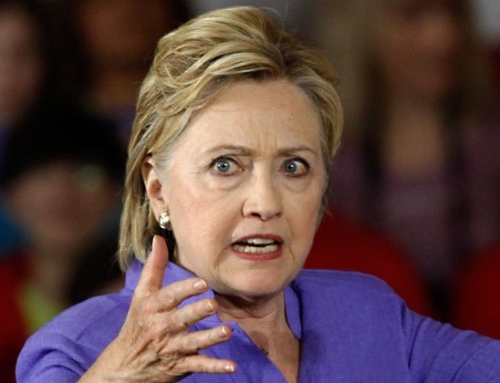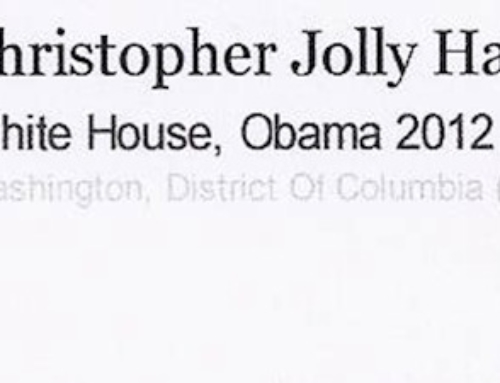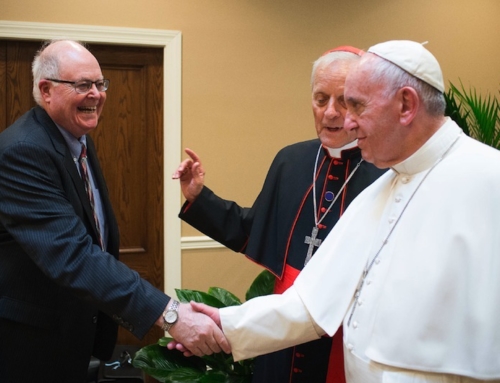by Deal Hudson, Crisis Magazine Editor & Publisher
(Catalyst 5/1999)
In spite of the success of the Catholic League, two questions need to be answered: 1) Why is Catholic bashing is the only acceptable prejudice left in the United States? 2) Why do Catholics continue to put up with it?
So I decided to put these question to some experts, all regular contributors to Crisismagazine. Here is what they said in their own words.
Hadley Arkes: “Catholics have gradually accepted the premises of the other side by absorbing the tonality and the manners of the prejudice. So many Catholics are untutored in their faith that they respond positively to the cultural cues of modern liberalism.”
Ralph McInerny: “The lack of concern among Catholics is probably an extension of their self-loathing. This is self-inflicted by self-doubt has created a disposition to start apologizing the moment you hear any criticism.” There is clearly a failure of nerve among Catholics and no longer much gratitude for the gift of the Church.”
Robert Royal: “Catholics are generally doing well in America; they like America, and they think anti-Catholicism is a kind of fringe position. They do not realize how the prejudices spread by the media create a real threat to the faith.”
Fr. James Schall: “So many are weak in their faith they do not see the very fact of Catholic bashing. With the general decline of knowledge about the faith, and move toward false tolerance, there is little willingness to admit that Catholic doctrines make them different.”
Fr. George Rutler: “Catholics for the last several generations have been trained to melt into the fabric of society, so it is very threatening to be considered counter-cultural. Catholics don’t want to rock the boat any more than is necessary.”
George Marlin: “In New York, Catholic bashing is considered chic, and so-called Catholic politicians are too gutless and too embarrassed to stand up for their faith, let alone punish the bashers. What it comes down to is that Catholics are embarrassed; they want to be part of the ‘in’ crowd, part of the upper crust where they think they will be welcome by going along with the flow of anti-Catholic sentiment. But they are not welcome there, and they will never be accepted.”
Ann Burleigh: “People pick their battles carefully, what they will go to the mat for. Catholics are often confident that they have a fuller truth, so bashing doesn’t seem to really matter. People want to concentrate on the things they can do to evangelize, so you let the chips fall where they may. The prejudice is very real but you can’t allow yourself to get bitter.”
Jody Bottum: “We are the Catholic, which means universal, Church. It is really hard to think of ourselves as a minority. The Catholic Church is also very old; we have seen it come and seen it go, and learned to take the long term view of things. Catholics in America aren’t bothered by it, so they learned to look past it.”
Michael Uhlmann: “There is quite a bit of nativism in American political culture. The nineteenth-century arrival of Catholics immigrants challenged the assumption that America was a Protestant culture. Nativism resurfaced Blaine Amendment to ban public funding of private schools, but the real target was Catholic schools.”
Michael Novak: “It would be surprising if they didn’t hate the Church. Most people define themselves in relation to Catholicism. They call themselves “enlightened” in relation to the Middle Ages; “Protestants” are defined in relation to the Catholic experience. Both unbelievers and other Christians define themselves in relation to the Church. All of our history books have a built-in anti-Catholic bias.”
There are probably many more reasons that Catholics sit passively by while their faith and their pope are being mocked on television, the stage, news programming, and in the movies. At the same time we are protesting the treatment of Catholics in the public square, we should be trying to understand the roots of our own apathy. One doubts that Catholic bashing would be remain so prevalent if Catholics themselves were tired of it.



